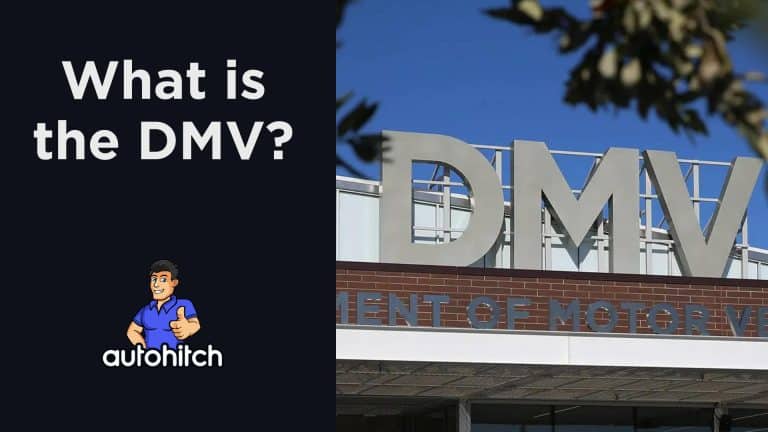The DMV, which stands for the Department of Motor Vehicles, is a state government agency responsible for vehicle registration and driver licensing.
Its main operations include:
- Issuing driver’s licenses and ID cards
- Registering and titling vehicles
- Conducting driving tests
- Maintaining driving records
- Enforcing vehicle-related laws and regulations
While the name varies across states (e.g. MVA in Maryland, BMV in Ohio), the core services provided by the DMV are largely the same nationwide.
Related Articles To Read:
Table of Contents
DMV Services
The DMV offers a wide range of services related to vehicles and driving. Some of the most common include:
Driver’s Licenses and ID Cards
- Applying for a new license or ID card
- Renewing an existing license or ID
- Replacing a lost/stolen license or ID
- Changing information on a license or ID (e.g. address, name)
Vehicle Registration
- Registering a new or used vehicle
- Renewing an existing vehicle registration
- Transferring plates to a new vehicle
- Replacing lost registration documents
Vehicle Titles
- Applying for a new vehicle title
- Transferring a title after a sale
- Replacing a lost title
Other Services
- Scheduling driving tests (written and road)
- Paying driving-related fines and fees
- Ordering personalized or specialty license plates
- Reporting a vehicle sold or donated
Many states now offer online services for common DMV transactions like renewals to save you a trip to the office.
Finding Your Nearest DMV Location
Most states have multiple DMV office locations to serve different regions. There are a few ways to find the one nearest you:
- Use an online DMV locator tool: Many state DMV websites have an online office locator where you can search by city or zip code.
- Check the DMV website: DMV sites typically list all office locations, addresses, hours, and services provided.
- Search online: A search for “[your state] DMV locations” will often bring up the state’s DMV website with location information.
- Use third-party DMV services: Some private companies have partnerships with state DMVs to provide certain DMV services at their own locations, which can be more convenient.[4][8][12] These are known as “third-party providers” or “DMV business partners.”
When visiting a DMV office, it’s advisable to make an appointment if possible to minimize your wait time. Many DMVs also have separate commercial vehicle offices for truck registrations and licenses.
In summary, the DMV is the state agency that handles all vehicle registrations, titles, and driver’s licenses. Utilizing their online services and locating your nearest office can make your DMV experience much smoother.[1][2][3][5][6][7][9][10]
Sources For This Article:
- [1] https://transportation.wv.gov/DMV/Pages/default.aspx
- [2] https://dmv.ny.gov
- [3] https://www.dmv.ca.gov/portal/locations/
- [4] https://azdot.gov/mvd/services/driver-services/authorized-third-party-driver-license-locations
- [5] https://en.wikipedia.org/wiki/Department_of_motor_vehicles
- [6] https://dmv.ny.gov/more-info/all-online-transactions
- [7] https://www.dmv.ca.gov/portal/locations/field-offices/
- [8] https://azdot.gov/motor-vehicles/mvd-hours-and-locations/authorized-third-party-providers
- [9] https://transportation.wv.gov/DMV/Vehicle-Services/Titles/Pages/default.aspx
- [10] https://portal.311.nyc.gov/article/?kanumber=KA-02056



